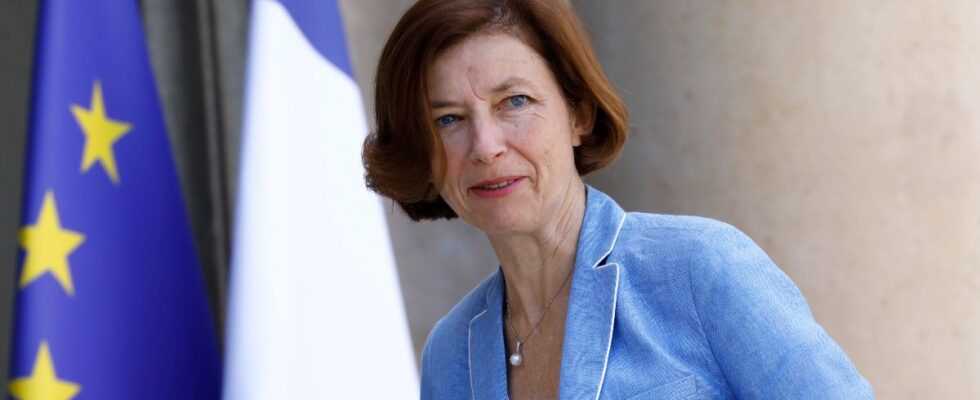Quantum computing must make it possible to achieve unprecedented computing power. A year ago, Emmanuel Macron presented a national plan of 1.8 billion euros spread over five years to make France a world leader in the sector.
France is adding a string to its bow in quantum technologies. The Minister of the Armed Forces Florence Parly, the Minister of Higher Education, Research and Innovation Frédérique Vidal, as well as the Secretary of State in charge of Digital Transition and Electronic Communications Cédric O have announced the launch of a national quantum computing platform during a conference in the presence of the Secretary General for Investment, Guillaume Boudy.
With this platform, the objective is to couple quantum machines to a classic supercomputer, so as to create hybrid systems that will increase performance tenfold for performing complex calculations. The first coupling of its kind is scheduled for 2023. Supported by Inria, the platform will be hosted at the Very Large computer center located at the CEA DAM (Commissariat for Atomic Energy and Renewable Energies), located in Bruyères- le-Châtel (Île-de-France). It is one of the most important European computing centers.
Several types of quantum machines could be tested on this platform. “Quantum computing is based on properties of matter that exist only on the scale of the infinitely small. At full maturity, it would make it possible to perform certain calculations up to 1 billion times faster than conventional computing technology, including with current supercomputer technologies, which paves the way for the resolution of a series of problems currently not soluble in human time ”, indicates the cabinet of Cédric O.
Quantum computing for “Start technological revolutions”
Indeed, quantum computing must make it possible to achieve unprecedented computing power, far greater than the capacities of conventional computers. The latter manipulate elementary information, the bits, which can only be found in two states: 0 or 1. However, in quantum computing, the operations are based on the manipulation of qubits which can be found in several states at the same time. .
It is this superposition of states which makes it possible to obtain a multiplied computing power, and therefore to lead to algorithms capable of solving the most complex problems. “In the next two decades, quantum could trigger technological revolutions and major advances in many sectors of vital importance, both in the civilian and military fields, for example for Earth observation and disaster anticipation. natural; for modeling an infectious agent and suitable medical remedies; for a better understanding of photosynthesis in order to better capture solar energy and capture atmospheric CO2 ”, explains the cabinet of Cédric O.
The absolute Grail is to create the universal quantum computer that will be able to process huge masses of data and perform operations that go far beyond our imagination. But before achieving this, there is still a long way to go and this national quantum computing platform must provide additional leverage to enable France to be a world leader in the sector. “The new platform will be made available to experts, researchers, start-ups and manufacturers. It will be a space for testing, synergy and discovery to exploit the full potential of this technology ”, said the Minister of the Armed Forces, Florence Parly, on Twitter. Among the French companies in the sector, Pasqal appears to be one of the most advanced. The start-up notably raised 25 million euros in June 2021 to develop a quantum computer capable of exceeding 1000 qubits. Another French player, the company Quandela, a specialist in quantum photonics, completed a funding round of 15 million euros in November 2021 to offer a first photonic quantum computer in 2022.
An initial envelope of 70 million euros for this platform
To make France a global spearhead of quantum computing, Emmanuel Macron presented in January 2021 a national investment plan of 1.8 billion euros spanning five years. Of this sum, one billion euros comes from the state alone. The remaining 800 million would come from commitments made by industrial players (500 million), European funding (200 million) and investors linked to the French start-up ecosystem (100 million). This should make it possible to inject 200 million euros per year into the sector, against 60 million previously. By comparison, only the United States and China spend more on quantum computing.
This plan, which aims to create 16,000 jobs in the sector by 2030, has made it possible to allocate 70 million to the launch of the national quantum computing platform. This is the first investment from the Investments for the Future Program (PIA) out of a total target of 170 million euros. The remaining 100 million should come from industrial players and the European Union.
